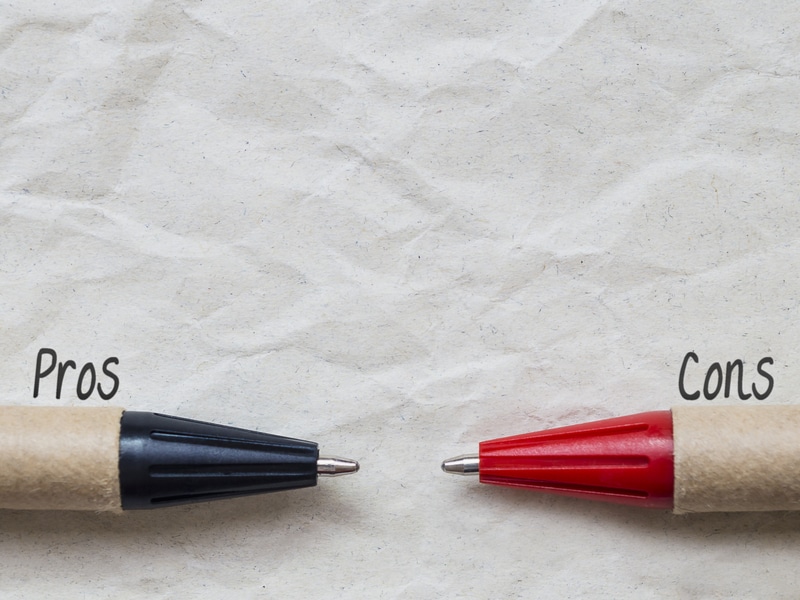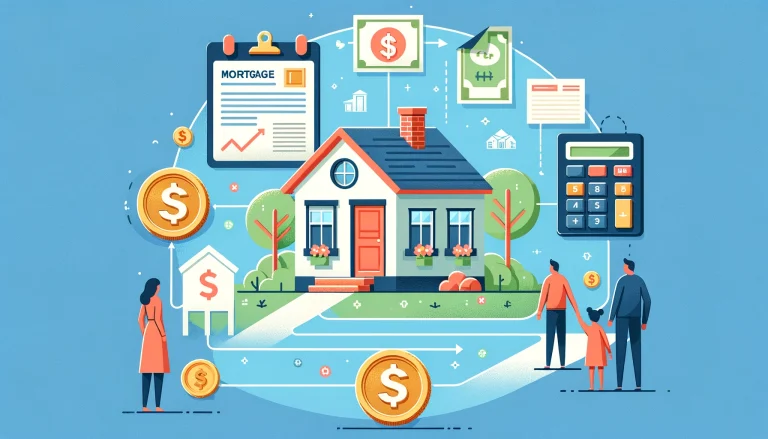One of the debt strategies that may improve your finances is debt settlement. It’s a method of reducing the amount you owe in credit cards and other unsecured debts.
In fact, specific borrowed amounts like student loans have specialized settlement options. It may help in paying off debts faster, helping you become debt-free.
What is Debt Settlement?
A settlement involves the assistance of debt relief companies. They help their clients pay off credit card debts and other borrowed amounts by reducing the amount they owe. However, the procedure poses drawbacks and risks.
A person’s credit rating will be temporarily deducted, and the settlement may fail since lenders could decline such offers.
How does Debt Settlement Work?
First, the debt relief company will review their client’s financial situation. Then, the company will assess the reduced debt amount that a client’s lenders may approve of. They will discuss this with the creditors who will accept or reject the offer.
Negotiations may take a few years, and the client must perform specific tasks until an offer is accepted.
While waiting for the agreement, the customer must deposit money in an escrow account. The amount inside will be used as a lump sum payment for the reduced debt. Also, the client must divert all debt payments to that account instead of giving it to lenders. Once creditors accept the settlement offer, the client must accept it and use the escrow account to pay the full amount.
Is Debt Settlement Really Worth It?
Among debt strategies, settling your debts is inadvisable since it poses substantial risks and detriments. You may be saddled with more payments due to this procedure.
Negotiations may also take years to complete, and it could ultimately result in failure. This is why alternatives must be considered before resorting to this method.
Debt Settlement Pros and Cons
Settling your debts brings its own perks and problems. Of course, settlement may reduce the amount you owe. Consequently, success may facilitate debt payoff, so you can finally stop the incessant collection calls. It prevents you from desperately filing for bankruptcy.
Despite these benefits, its risks and detriments make debt settlement inadvisable. First, debt settlement may fail since creditors may refuse to grant them. The amount forgiven may be taxable, adding further to your expenses. As we’ve mentioned, you will also suffer a short-term credit score deduction.
Furthermore, you may accrue more debt from late fees. When a debt relief company negotiates a settlement, you should not pay your creditors. Meanwhile, debt collectors may pester you with incessant calls demanding your payment. On top of paying for expanding interest and corresponding taxes, the debt relief company will also charge their own fees.
Debt Settlement vs Debt Consolidation
Aside from debt settlement, debt consolidation is one of the debt strategies available. It involves combining all unsecured debts as one, then replacing it with an amount with a lower interest rate. A loan with smaller interest or your home equity could be used for consolidation. On the other hand, an individual may request a balance transfer from a credit card company.
Debt consolidation trumps settlement in two ways. First, it’s the safer option since it doesn’t damage your credit rating outright. It may still take a hit if you fail to complete the monthly payments. Second, it simplifies payoff since you’ll only have to contend with a singular balance instead of several.
Nevertheless, consolidation still has its own drawbacks. None of your balances are forgiven, so you will still have to deal with the original amount. In fact, a debt consolidation program may slow your debt payoff, as you’ll take longer to pay it back. You may even have to increase earnings and decrease spending to make it work.
Which one will work between the two depends on the individual’s financial situation. If you have good credit and additional sources of income, then it may be wise to consolidate your debt. However, people with poor credit may receive the highest interest rates from lenders. For them, debt settlement is the better albeit risky debt management strategy.
Other Alternatives to Debt Settlement
There are even more debt strategies available aside from the two discussed earlier. One of them is called credit counseling, and it involves experts who offer helpful debt management programs. Furthermore, there are do-it-yourself methods that may work just as well.
Credit Counseling
There are companies that may assign credit counselors who may help you pay debts faster. They will assess your financial records, give financial counsel, and may even provide debt management plans. These are softened payment plans negotiated with your creditors, and they will replace your existing ones to facilitate debt payoff.
Nevertheless, it has its own disadvantages, just like settlement and consolidation. Similar to debt settlement, it may not work for you as well. It’s also like debt consolidation since debt management plans may lengthen debt payoff. In fact, some credit counseling companies may restrict your credit card use as part of their debt management programs.
Do-it-yourself
You may also check free online resources regarding DIY debt reduction methods. The most popular ones are the debt snowball and debt avalanche. Both involve concentrating payments on one balance while only meeting minimum payments for other balances. However, the two methods differ in the order in which you’ll have to pay your debts.
You’ll have to pay off your smallest debts first when following the snowball method. Completing small payments may motivate you to keep the method going, but its payoff is slower than the avalanche.
The latter involves completing the largest balances first, speeding up payoff but requiring more discipline to accomplish. All debt strategies like debt settlement will demand your utmost commitment to becoming debt-free!
Ultimate Debt Settlement Alternative: Good Spending Habits
The best debt reduction strategy still is wise financial management. It keeps you from using debt strategies unless for sudden emergencies. It involves saving money, spending mostly on needs, and following a budget.
These enable you to rely mostly on your own money, so you can truly achieve debt freedom.















